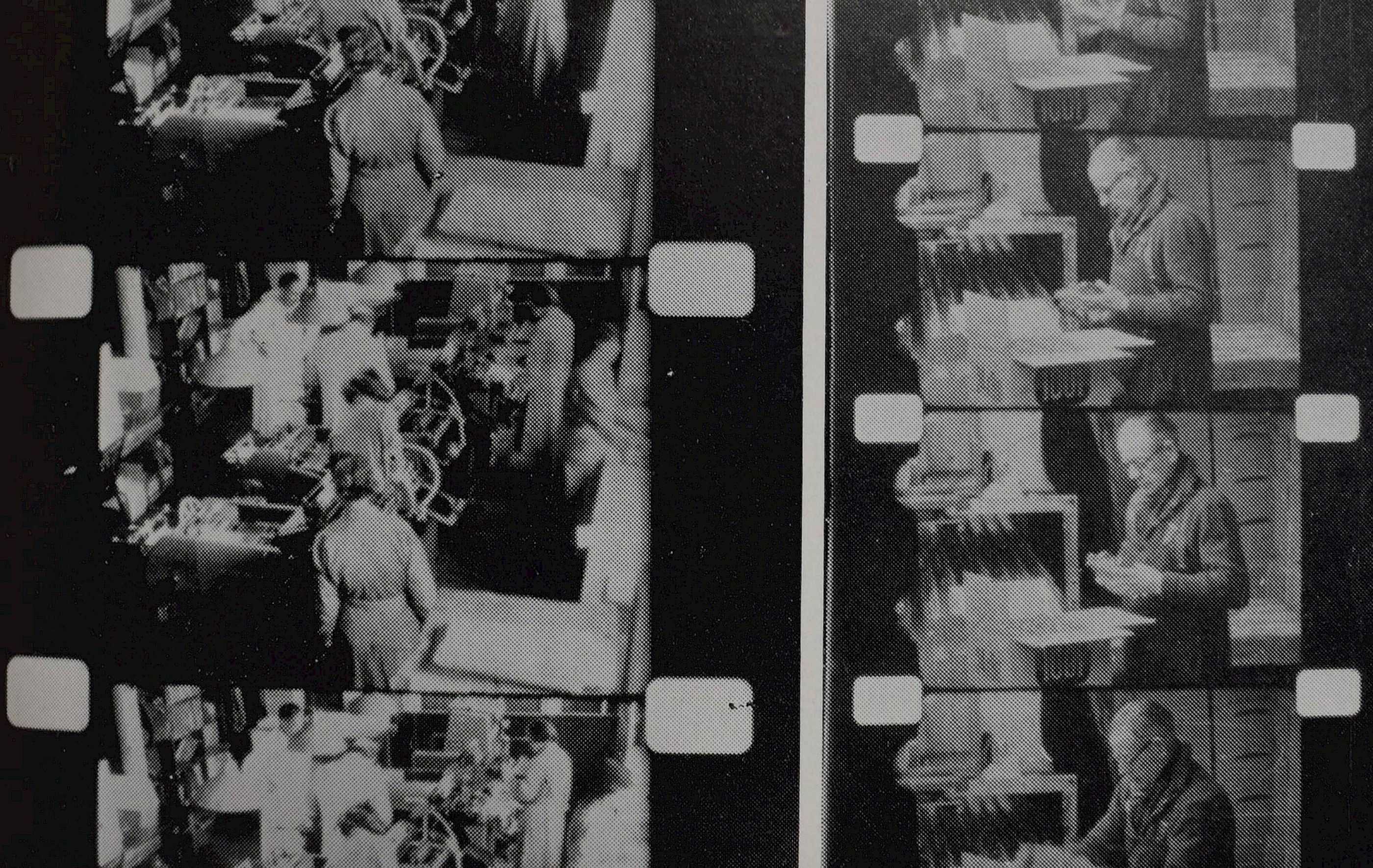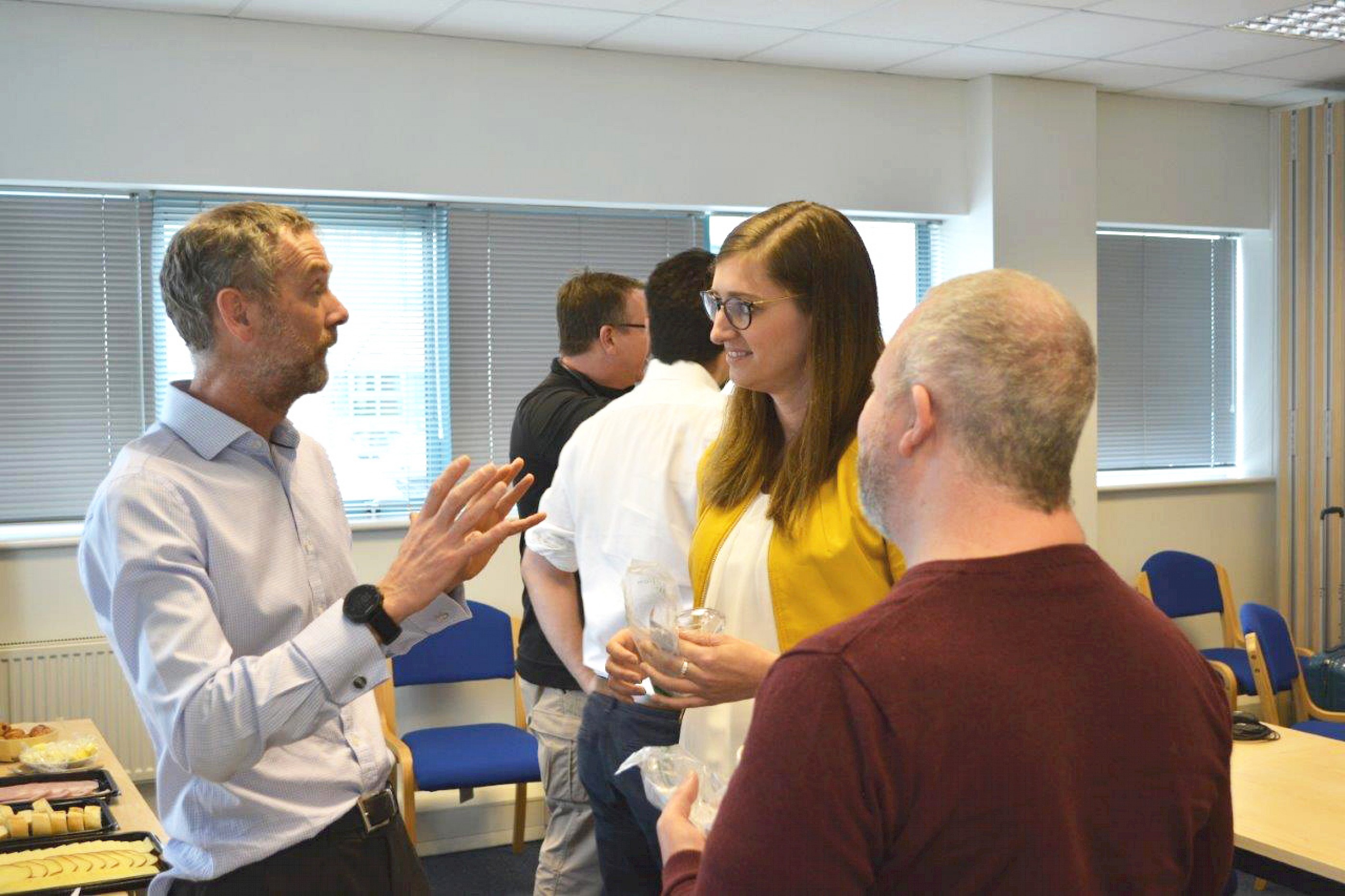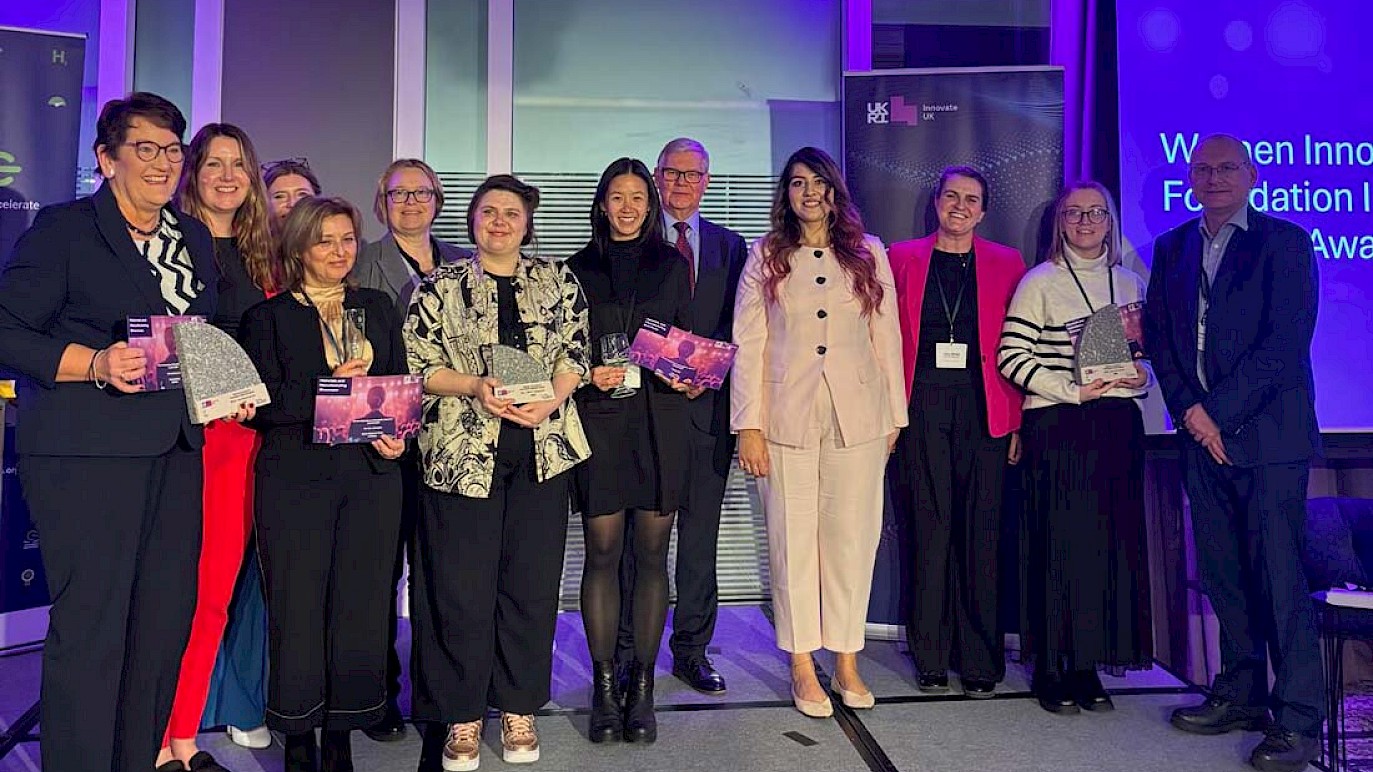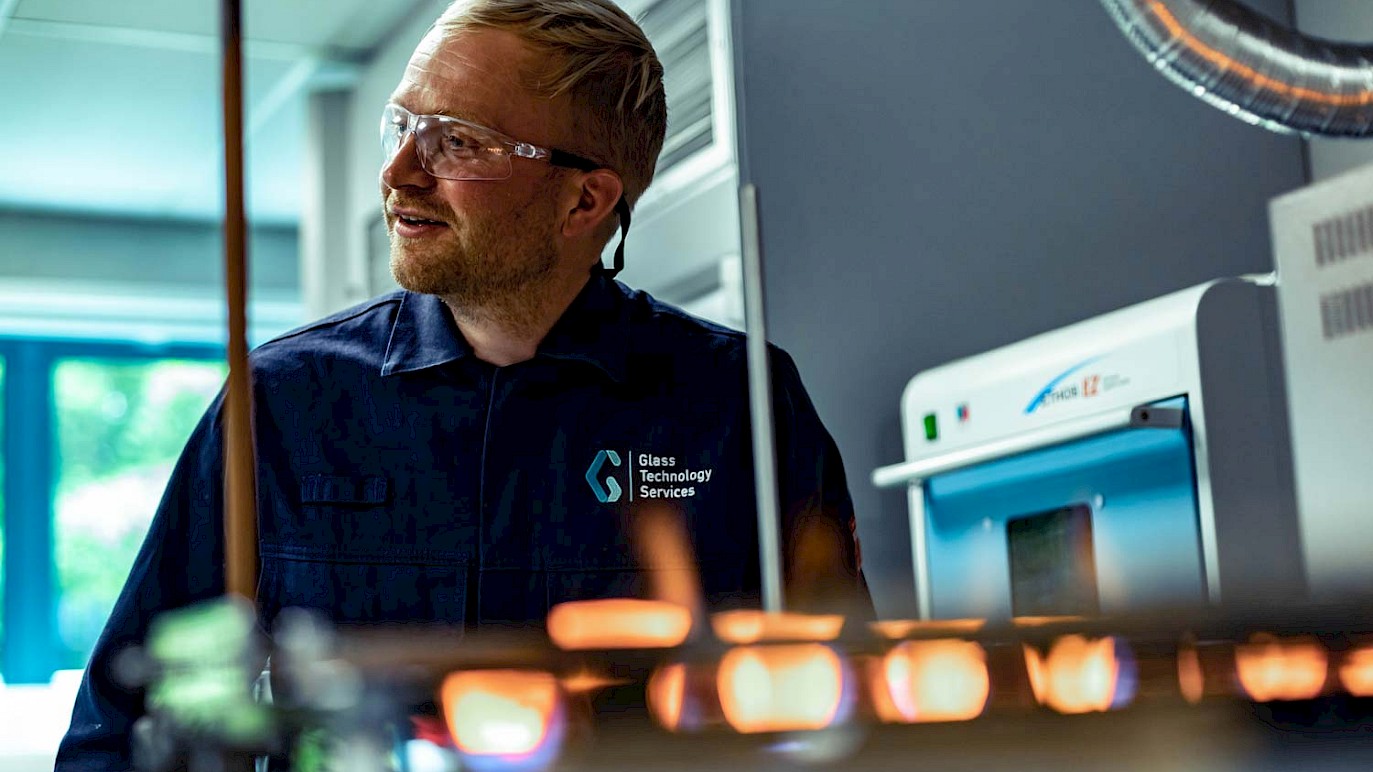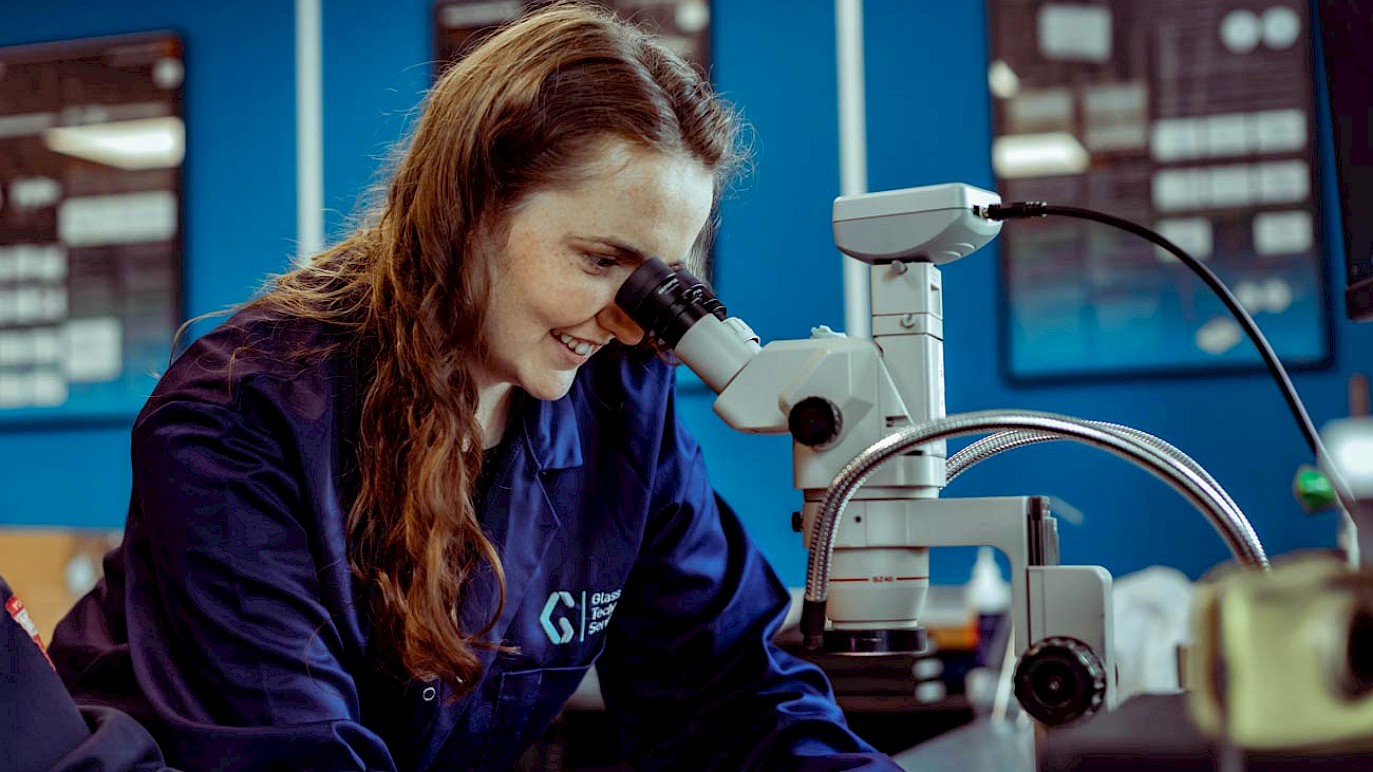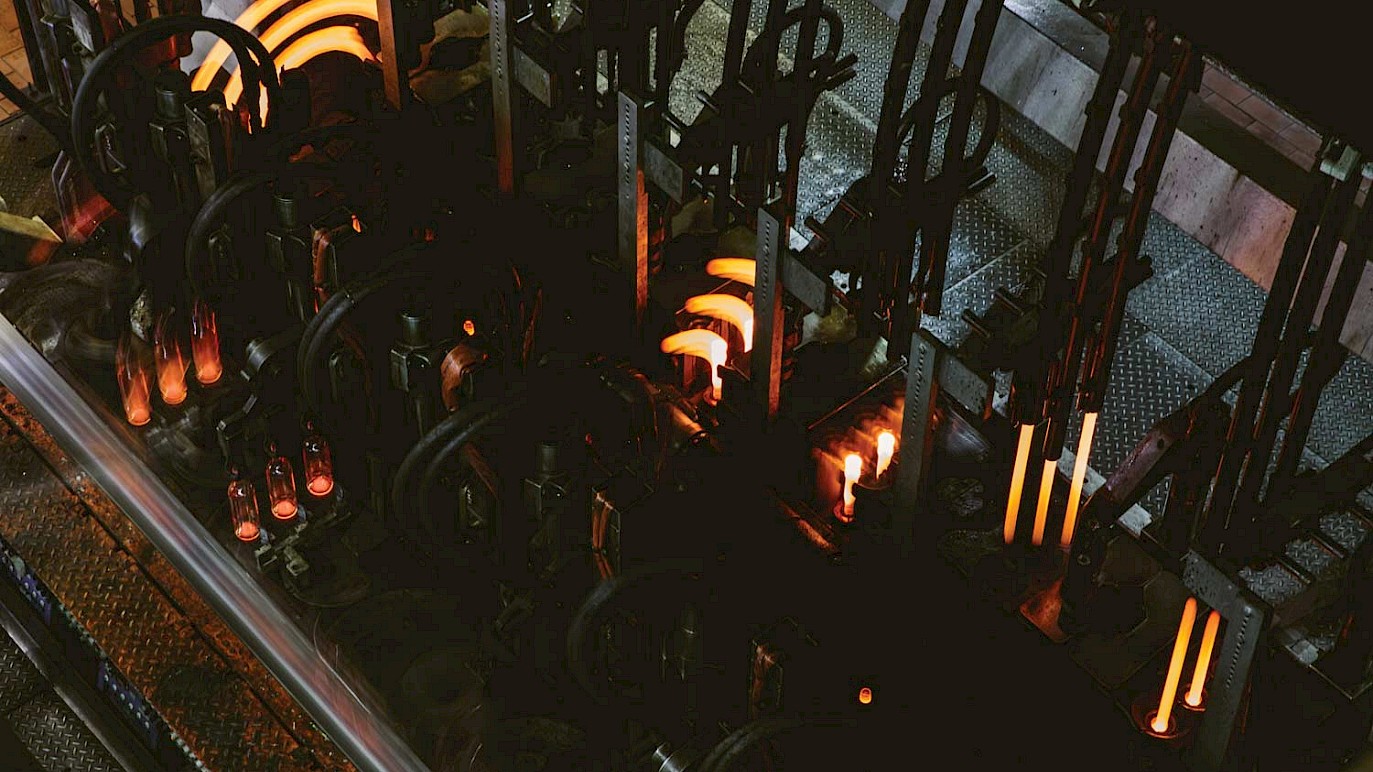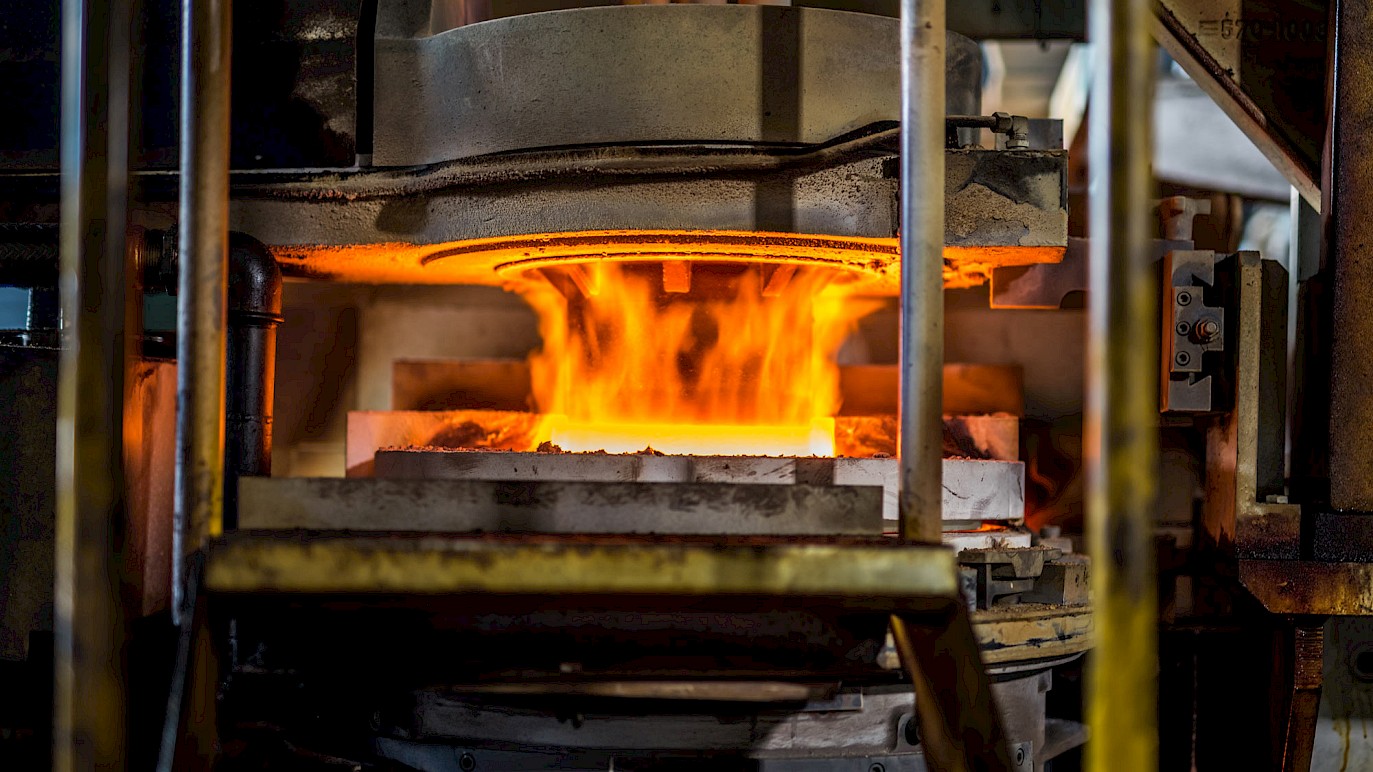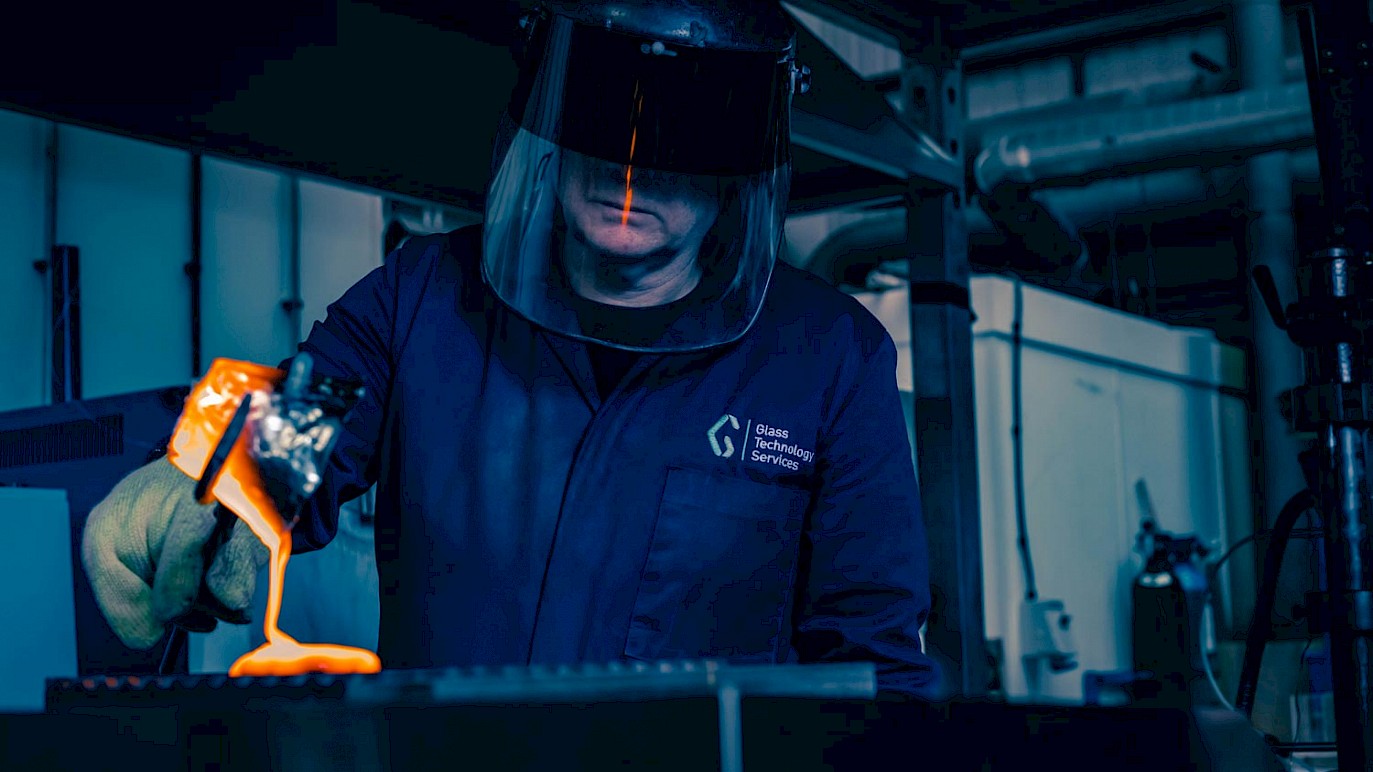The Department for Business, Energy & Industrial Strategy (BEIS) has placed a £7.1million Industrial Fuel Switching Procurement Contract with Glass Futures Ltd to provide in-depth investigations of sustainable alternative fuel sources and innovative scenarios to decarbonise the glass manufacturing process in line with “Net Zero” targets.
This study and subsequent report will highlight what can and what cannot be done on different production platforms in glass manufacturing and will influence the most suitable routes for industry and government to work across in delivering the range of options best suited to decarbonise a given site.
The Glass Futures study, which is due to be completed in March 2021, will investigate and recommend the most cost effective and environmentally efficient routes to decarbonise
Rt Hon Kwasi Kwarteng, Minister of State at BEIS, said:
“Reducing emissions from homes and industry is a key part of our work to eliminate our contribution to climate change by 2050.
"This innovative project by Glass Futures is an exciting development and could make a significant impact on our net zero ambitions.”
The UK Government has committed to reducing net carbon dioxide emissions to zero by 2050.
Richard Katz, Director of Glass Futures, said:
“While the UK glass sector has made progress by more than halving its emissions over the past 50 years, and its products continue to greatly contribute to energy savings through energy-efficient window & glazing systems, insulation in the built environment, wind turbine blades and an array of high-tech communications devices, there remains an urgent need to accelerate our efforts towards delivering innovative technologies that will advance us towards the net zero goal."
There are significant differences in infrastructure across the UK glass sector in relation to furnace design, age and specific application. No single low-carbon fuel scenario will be the panacea for all 17 of the UK’s largest glass production plants which collectively account for the majority of domestic glass manufacturing output and their associated CO2 emissions.
Glass Technology Services supports Glass Futures alongside Guardian Glass, Owens Illinois, University of Leeds, Siemens, Swarovski, The Worshipful Company of Glass Sellers of London, Tecoglas, Encirc, Sheffield Hallam University, The Society of Glass Technology, Pilkington UK, Ametek Land, University of Cambridge, British Glass, University of Liverpool, and FIC (UK).
Glass Futures Ltd, a not-for-profit company, limited by guarantee, has been created as a core entity to allow the evolution of “Catapult-like” Centres of Excellence in glass comprising R&D, innovation, training and up-skilling. Central to the proposition is a demonstration-scale glass making facility of 30 tonnes per day capacity.
